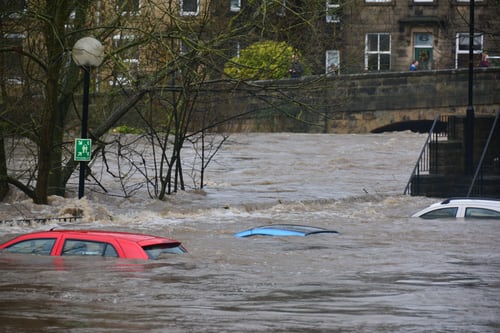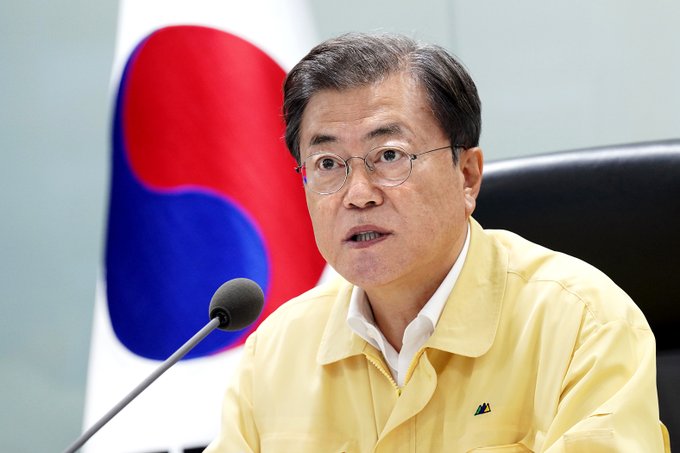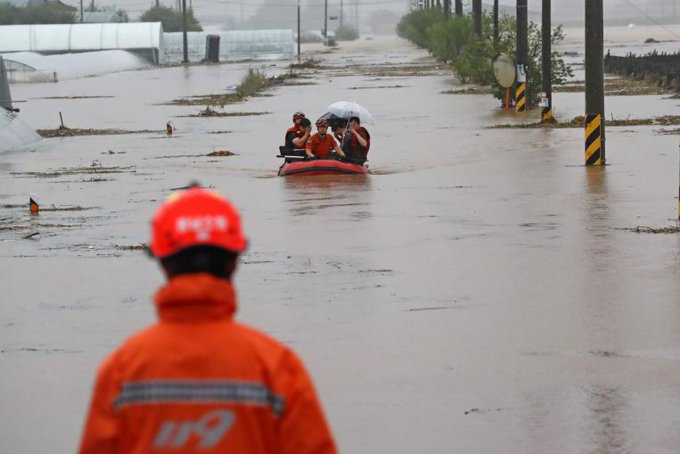OdishaPlus Bureau
South Korea’s longest monsoon in seven years, triggered floods and landslides killed at least 14 people and affected more than 1,000 as 42 consecutive days of rain. The heavy rains which have also brought China, Thailand, Myanmar and India on knees, inundated farmland and flooded parts of major highways and bridges in the capital city of Seoul.

The victims included three New Zealanders from the same family, who were found dead on Monday after a landslide hit holiday cottages in Gapyeong county, north-east of the city. The New Zealand Chamber of Commerce in Korea identified the victims as the organisation’s director, Anna Song, her young son, and her mother, Rose Kim. Song had been involved in “all activities to promote the New Zealand and Korea relationship”, the chamber said. The New Zealand foreign ministry said it was aware of the deaths and was providing consular assistance. It did not elaborate. Among the other deaths caused by the rain were three workers killed when a landslide struck the factory where they were working.

President Moon Jae-in expressed concern about the impact of 42 days of rain, which weather officials said was the longest such stretch since 2013, on public sector emergency workers already battling the Covid-19 pandemic. He urged “all-out efforts to prevent further loss of life”, such as action to avert landslides and evacuate people, even in cases of little apparent danger.

The South Korean Govt. has mobilised more than 45,000 rescue and volunteer workers. Prime Minister Chung Sye-Kyun has ordered the Ministry of Interior and Safety to review a proposal to declare Gyeonggi and Chungcheong provinces as special disaster zones.

























